Anchovy Oil for Dogs
- Anchovy oil omega-3 supplements can significantly reduce inflammation in dogs, helping with arthritis and joint pain that affects over 80% of dogs aged 8 and older.
- The EPA and DHA in anchovy oil support brain development in puppies and help prevent cognitive decline in senior dogs.
- Anchovies provide a more sustainable and lower-mercury alternative to larger fish sources of omega-3 fatty acids.
- Most commercial dog foods lack sufficient omega-3s, making supplementation necessary for optimal canine health.
- JP's Natural Pet Supplements offers high-quality omega-3 Anchovy fish oil that helps dogs thrive and overcome common health challenges.
Why Your Dog Needs Anchovy Omega-3s Now
Your dog's diet is likely missing a crucial nutrient that could transform their health. Most commercial dog foods contain inadequate amounts of omega-3 fatty acids, creating a nutritional gap that affects everything from your pet's mobility to their mental sharpness. JP's Natural Pet Supplements has found that supplementing with anchovy-sourced omega-3s can address this deficiency and help dogs overcome numerous health challenges that prevent them from living their best lives.
Omega-3 fatty acids aren't just another supplement trend—they're essential nutrients that dogs cannot produce naturally in their bodies. These potent compounds must come from dietary sources, with cold-water fish like anchovies offering one of the most bioavailable forms for canine consumption. Without adequate omega-3s, dogs may experience chronic inflammation, compromised immune function, and accelerated ageing of vital organs, including the brain and heart.
Anchovy Oil Premium Quality Omega-3 Fish Oil for Dogs
The timing of omega-3 supplementation matters tremendously. The sooner you begin supplementing your dog's diet with high-quality anchovy oil, the more preventative benefits they'll experience. Many pet parents wait until they notice symptoms of age-related conditions before considering supplements. Still, research shows that proactive omega-3 supplementation can help prevent these issues from developing in the first place.
Hidden Health Problems from Omega-3 Deficiency in Dogs
When dogs lack sufficient omega-3 fatty acids in their diet, their bodies often send distress signals that many owners misinterpret as normal ageing or breed-specific traits. These hidden health problems can significantly impact your dog's quality of life while remaining largely invisible until they become severe. Prevention through proper supplementation is far more effective than trying to reverse established health conditions.
Joint Pain and Mobility Issues
One of the most common consequences of omega-3 deficiency is joint inflammation, leading to mobility problems. Without adequate anti-inflammatory support from omega-3s, your dog's joints experience accelerated wear and tear. You might notice your once-energetic companion becoming reluctant to climb stairs, jump into the car, or engage in previously enjoyed activities.
The inflammatory response triggered by omega-3 deficiency can exacerbate conditions like hip dysplasia, cruciate ligament injuries, and age-related arthritis. Research has shown that dogs receiving regular anchovy-based omega-3 supplements experience significant improvements in mobility scores and require less pain medication than those without supplementation. This is particularly important considering that over 80% of dogs develop some form of arthritis by age eight.
- Difficulty rising after rest periods
- Reluctance to engage in physical activity
- Visible limping or favouring certain limbs
- Muscle atrophy from reduced movement
- Irritability when joints are touched or manipulated
Dry, Itchy Skin and Dull Coat
Your dog's skin and coat are often the first visible indicators of omega-3 deficiency. Without these essential fatty acids, the skin's natural moisture barrier becomes compromised, leading to dryness, flakiness, and persistent itching. The coat loses its natural lustre and may become brittle or prone to excessive shedding. These issues aren't merely cosmetic—they reflect fundamental imbalances in your dog's cellular health and immune function.
Anchovy oil provides concentrated omega-3s that help restore the skin's protective lipid layer and regulate oil production. Dogs with chronic skin conditions like atopic dermatitis often experience dramatic improvements when given high-quality anchovy omega-3 supplements. The anti-inflammatory properties help reduce allergic responses while promoting cellular regeneration and healing of damaged skin tissue.
Decreased Immunity and Inflammation
Omega-3 deficiency severely compromises your dog's immune system, making them more susceptible to infections and prolonging recovery times. The anti-inflammatory properties of omega-3 fatty acids are crucial for maintaining balanced immune responses. Without sufficient levels, your dog's body may struggle with chronic low-grade inflammation that taxes their system and creates vulnerability to both acute and chronic illnesses.
Inflammation is at the root of numerous canine health problems, from digestive issues to skin conditions. Dogs with inadequate omega-3 intake often experience heightened inflammatory responses to environmental triggers, allergens, and even regular physical activity. This persistent inflammation can accelerate tissue damage throughout the body and contribute to premature ageing of vital organs.
Cognitive Decline in Ageing Dogs
The brain requires substantial amounts of omega-3 fatty acids, particularly DHA (docosahexaenoic acid), to maintain optimal function throughout life. As dogs age, omega-3 deficiency can accelerate cognitive decline, leading to confusion, altered sleep patterns, and decreased environmental awareness. Many behaviours attributed to "normal ageing" are actually symptoms of inadequate brain nutrition that can be addressed through proper supplementation.
Senior dogs with omega-3 deficiency often display reduced problem-solving abilities, diminished recognition of familiar people and places, and increased anxiety. These changes can be distressing for both dogs and their owners. Studies have shown that dogs receiving omega-3 supplements maintain better cognitive function into their senior years compared to those without supplementation.
JP's Dog Omega-3 from Anchovies
Anchovy Oil: The Superior Omega-3 Source for Dogs
Not all omega-3 sources are created equal when it comes to canine health. Anchovy oil stands out as a particularly effective option due to its unique nutritional profile and safety advantages. While plant-based omega-3s (like flaxseed oil) provide ALA (alpha-linolenic acid), dogs cannot efficiently convert this form into the critical EPA and DHA their bodies need. Anchovy oil delivers these crucial fatty acids in their most bioavailable form, allowing for maximum absorption and utilisation.
Why Anchovies Outperform Other Fish Oils
Anchovies offer several distinct advantages over larger fish species when it comes to omega-3 supplementation for dogs. These small, fast-growing fish accumulate fewer environmental toxins than larger, predatory species like salmon or tuna. Their position lower on the food chain means they contain significantly lower levels of mercury, PCBs, and other contaminants that can compromise your dog's health over time with long-term supplementation.
Anchovy Oil Premium Quality Omega-3 Fish Oil
The omega-3 fatty acids in anchovies are particularly well-suited to canine physiology. The specific ratios of EPA to DHA found in anchovy oil closely match what research has identified as optimal for dogs' anti-inflammatory and neurological needs. This natural alignment makes anchovy oil more effective at addressing common canine health issues than oils derived from larger fish species or plant sources.
EPA and DHA Content: The Critical Components
The therapeutic benefits of omega-3 supplementation come specifically from two fatty acids: EPA (eicosapentaenoic acid) and DHA (docosahexaenoic acid). Anchovy oil contains high concentrations of both these compounds in their natural, bioavailable forms. EPA primarily supports inflammatory responses, skin health, and cardiovascular function, while DHA is essential for brain development, cognitive maintenance, and nerve function throughout life.
The ratio of EPA to DHA in anchovy oil is particularly beneficial for addressing the most common health challenges dogs face. While salmon oil often contains higher overall omega-3 levels, farmed salmon is unethical; the specific composition of anchovy oil makes it more effective at targeting joint inflammation, skin conditions, and cognitive support. This targeted profile explains why many veterinary formulations specifically choose anchovies as their omega-3 source.
Lower Mercury Levels Than Larger Fish
Safety is paramount when selecting supplements for long-term use in dogs. Anchovies' short lifespan and position at the bottom of the marine food chain result in minimal bioaccumulation of environmental toxins like mercury, PCBs, and dioxins. This makes anchovy oil one of the safest options for daily, long-term supplementation compared to oils from larger predatory fish that can contain concerning levels of these contaminants.
The reduced toxin load in anchovy oil is especially important for dogs with compromised liver or kidney function, as these organs bear the burden of filtering environmental toxins. High-quality anchovy oil supplements undergo additional purification processes to reduce any potential contaminants further, ensuring the safest possible product for your canine companion.
Sustainability Benefits of Choosing Anchovies
Anchovy populations replenish quickly due to their rapid reproduction rate and short lifespan, making them one of the most sustainable choices for omega-3 supplementation. Choosing anchovy-based supplements helps reduce pressure on overfished species while still providing your dog with premium nutrition. Many anchovy fisheries are certified sustainable, allowing conscientious pet owners to make environmentally responsible choices without compromising their dog's health.
5 Major Health Benefits of Anchovy Omega-3s for Dogs
The targeted supplementation with anchovy-derived omega-3 fatty acids can transform your dog's health across multiple body systems. These benefits extend far beyond simple nutritional support, offering therapeutic effects for both prevention and management of common canine health conditions. The comprehensive impact of high-quality anchovy oil supplements explains why veterinarians increasingly recommend them as part of a complete wellness program for dogs of all ages and breeds.
1. Reduces Joint Inflammation and Arthritis Pain
Anchovy omega-3s are powerful natural anti-inflammatories that target the root cause of joint pain rather than simply masking symptoms. The EPA in anchovy oil inhibits the production of inflammatory compounds like prostaglandins and leukotrienes that contribute to joint degradation and pain. Regular supplementation can significantly reduce the need for pharmaceutical pain relievers in dogs with arthritis or joint injuries.
Clinical studies have demonstrated that dogs receiving omega-3 supplementation show measurable improvements in mobility, weight-bearing capacity, and pain scores. This benefit is particularly pronounced in senior dogs and breeds predisposed to joint conditions like Labrador Retrievers, German Shepherds, and Dachshunds. Even young, active dogs benefit from the protective effects against exercise-induced inflammation and joint stress.
2. Improves Coat Shine and Reduces Skin Allergies
The omega-3 fatty acids in anchovy oil are incorporated directly into skin cell membranes, improving the skin's barrier function and moisture retention. This structural improvement helps prevent water loss from the skin and reduces penetration of environmental allergens and irritants. Dogs with chronic itching, hot spots, or allergic dermatitis often experience remarkable relief within weeks of beginning anchovy omega-3 supplementation.
Beyond alleviating existing skin conditions, anchovy oil provides the building blocks for healthy coat growth. The result is visibly improved coat lustre, reduced shedding, and faster regrowth after seasonal changes or medical treatments. Many owners report that their dog's coat develops a silky texture and deeper colour intensity after regular supplementation with high-quality anchovy oil.
3. Supports Heart Health and Blood Circulation
Anchovy omega-3s play a critical role in maintaining cardiovascular health for dogs of all ages. These essential fatty acids help regulate blood pressure, reduce triglyceride levels, and prevent the formation of dangerous blood clots. The EPA found that anchovy oil has been shown to support a healthy heart rhythm and improve the elasticity of blood vessels, ensuring efficient blood flow throughout your dog's body.
Dogs with existing heart conditions often show remarkable improvements when supplemented with anchovy omega-3s. Veterinary cardiologists have observed reduced cardiac inflammation, improved heart muscle function, and decreased workload on the heart in dogs receiving regular omega-3 supplementation. This cardiovascular support is especially valuable for breeds predisposed to heart issues, including Cavalier King Charles Spaniels, Doberman Pinschers, and Boxers.
4. Boosts Brain Function and Cognitive Performance
The DHA in anchovy oil is a fundamental building block for brain tissue and neural connections. Puppies receiving adequate DHA during development demonstrate enhanced trainability, better problem-solving abilities, and improved memory formation. For adult and senior dogs, continued DHA supplementation helps maintain cognitive function and protects against age-related mental decline.
Research has shown that dogs supplemented with omega-3s perform better on cognitive tests and exhibit greater adaptability to new situations. This brain-boosting effect is particularly valuable for working dogs, service animals, and senior pets experiencing cognitive dysfunction syndrome (doggy dementia). Many owners report their older dogs become more alert, responsive, and engaged with their surroundings after beginning anchovy omega-3 supplementation.
5. Strengthens Immune System Response and Reduces Risk of Atopic Dermatitis When Given to Pregnant Bitches
Anchovy omega-3s help modulate immune system function, enhancing the body's ability to fight infections while reducing inappropriate inflammatory responses. This balanced approach to immune support is particularly valuable for dogs with autoimmune conditions, allergies, or recurrent infections. The EPA and DHA in anchovy oil influence cytokine production and immune cell function at a fundamental level, promoting more appropriate responses to various challenges.
Research has shown that supplementing pregnant dogs with omega-3s can have lasting benefits for their puppies. Puppies born to mothers receiving anchovy omega-3s during pregnancy and lactation show significantly reduced incidence of atopic dermatitis and allergic conditions later in life. This early intervention appears to help program the developing immune system for better long-term function, demonstrating how omega-3s can benefit multiple generations of dogs.
Top Anchovy Omega-3 Supplements for Dogs
Selecting the right anchovy omega-3 supplement can make all the difference in your dog's health outcomes. Quality varies dramatically between products, with differences in potency, purity, and palatability all affecting real-world results. JP's Natural Pet Supplements offers one of the highest-quality anchovy-based omega-3 supplements available, providing concentrated EPA and DHA in their most bioavailable forms to support your dog's overall wellness.
Liquid Supplements vs. Soft Chews
Liquid anchovy oil supplements generally deliver higher concentrations of omega-3s compared to chewable formats. The liquid form allows for precise dosing according to your dog's size and specific health needs, making it ideal for multiple-dog households or pets requiring therapeutic doses. Liquid supplements also typically contain fewer additives and fillers, delivering a purer form of omega-3s without unnecessary ingredients.
Soft chew formulations offer convenience and improved palatability, which can be particularly helpful for picky eaters. However, they generally contain lower omega-3 concentrations and may include additional ingredients to improve texture, flavour, and shelf stability. When choosing chewable supplements, carefully check the actual EPA and DHA content per serving to ensure your dog receives therapeutic levels of these critical fatty acids.
Pure Anchovy Oil Products
Pure anchovy oil supplements contain concentrated omega-3s without dilution from other oil sources. These products deliver the highest potency and most targeted benefits, particularly for dogs with specific health conditions requiring substantial anti-inflammatory support. High-quality pure anchovy oils undergo molecular distillation to remove impurities while preserving the delicate omega-3 molecules in their most bioactive form.
When selecting pure anchovy oil supplements, look for products that specify the exact EPA and DHA content per serving rather than just "total omega-3s." The ratio between these compounds affects which health benefits will be most pronounced, with higher EPA concentrations providing stronger anti-inflammatory effects and higher DHA supporting brain and nerve function. The best products maintain transparency about their exact nutritional composition.
Mixed Marine Oil Formulations
Some products combine anchovy oil with oils from other marine sources to create comprehensive omega-3 blends. These formulations often aim to optimise specific EPA: DHA ratios or incorporate additional beneficial compounds found in varied fish species. Quality mixed formulations can provide excellent results, particularly when they primarily feature anchovy oil supplemented with other carefully selected marine sources.
When evaluating mixed marine oils, verify that anchovies remain a primary ingredient rather than an afterthought. Some lower-quality products use minimal amounts of anchovy oil alongside cheaper fish sources, undermining the unique benefits that make anchovy oil superior. The best mixed formulations clearly disclose all fish sources and maintain high standards for purity across all components.
How to Choose the Best Anchovy Supplement
With numerous omega-3 supplements claiming to be the best for your dog, making an informed choice requires understanding key quality indicators. The most effective anchovy supplements combine potency, purity, and palatability in formulations specifically designed for canine physiology. Looking beyond marketing claims to evaluate specific attributes will help you select a product that delivers genuine health benefits for your four-legged companion.
Concentration of EPA and DHA
The therapeutic benefits of anchovy oil come specifically from its EPA and DHA content, making the concentration of these compounds the most important factor in supplement selection. High-quality products provide at least 18% EPA and 12% DHA by volume, ensuring your dog receives meaningful amounts of these critical fatty acids with each dose. Lower concentrations may require impractically large serving sizes to achieve therapeutic effects.
Check product labels for specific milligram amounts of EPA and DHA per serving rather than just "total omega-3s," which can include less beneficial fatty acids. For most dogs, aim for supplements that provide approximately 15-20mg of combined EPA and DHA per pound of body weight daily for maintenance, and up to 40mg per pound for therapeutic purposes under veterinary supervision.
Third-Party Testing for Purity
Contaminant testing is essential for fish oil supplements, as even small fish like anchovies can absorb environmental toxins. Premium anchovy supplements undergo independent laboratory verification to confirm they meet or exceed standards for mercury, PCBs, dioxins, and other potential contaminants. Look for products that provide transparency about their testing protocols and readily share certificates of analysis when requested.
Beyond contaminant testing, quality suppliers also verify oxidation levels through peroxide value (PV) and anisidine value (AV) testing. These measurements indicate the freshness of the oil and its resistance to rancidity, which affects both safety and efficacy. Fresh, properly processed anchovy oil should have minimal oxidation markers and include natural or added antioxidants to maintain stability throughout its shelf life.
Added Ingredients to Watch For
Many anchovy supplements include additional ingredients that can either enhance or detract from the product's overall quality. Beneficial additions might consist of natural preservatives like mixed tocopherols (vitamin E) that protect the oil from oxidation while providing additional antioxidant support. Some formulations also incorporate synergistic ingredients like vitamin D or astaxanthin that complement omega-3's health benefits.
Approach products containing artificial preservatives, flavours, or colours with caution, as these unnecessary additives may trigger sensitivities in some dogs. Similarly, avoid supplements containing excessive fillers, thickeners, or oils from unspecified "fish oil" sources that dilute the anchovy content. The best products maintain a clean ingredient profile focused primarily on delivering high-quality anchovy oil in its most bioavailable form.
Adding Anchovy Omega-3s to Your Dog's Diet
Successfully incorporating anchovy omega-3 supplements into your dog's routine requires attention to proper administration techniques and consistency. Even the highest quality supplement will provide limited benefits if not given correctly or maintained as part of your dog's daily regimen. Fortunately, with the right approach, most dogs readily accept these beneficial oils as part of their daily nutrition.
Mixing Oil with Food
The simplest and most effective method for administering liquid anchovy oil is mixing it directly with your dog's regular food. This approach ensures the oil binds with other dietary components, improving absorption and reducing the chance of digestive upset. For kibble feeders, allow the oil to soak into the food for a few minutes before serving to enhance palatability and prevent the oil from simply pooling at the bottom of the bowl.
Treat-Based Administration Tips
For dogs resistant to oil mixed with food, treat-based administration offers an excellent alternative. High-quality soft treats can effectively absorb small amounts of anchovy oil, creating a palatable delivery method that most dogs eagerly accept. Look for treats with porous textures that can hold the oil without becoming overly messy or leaking during handling.
Another practical approach involves freezing measured doses of anchovy oil in small silicone moulds to create omega-3 "treat cubes." This method masks the fishy taste that some dogs find objectionable while creating a novel treat experience. The freezing process does not damage the beneficial properties of the oil but can make it more acceptable to picky eaters.
Avoiding Common Mistakes
One frequent mistake is inconsistent supplementation, which undermines the cumulative benefits of anchovy omega-3s. These fatty acids work by gradually incorporating into cell membranes throughout the body, requiring regular administration to maintain therapeutic levels. Establish a consistent daily routine rather than attempting to "catch up" with larger occasional doses, which can cause digestive upset and waste product.
Another common error involves improper storage of anchovy oil supplements. These delicate oils are vulnerable to oxidation when exposed to heat, light, or air. Always store opened containers in the refrigerator with caps tightly secured and use products within the recommended timeframe after opening. Rancid oils not only lose their therapeutic properties but can potentially cause gastrointestinal upset and other adverse effects.
Signs Your Dog is Benefiting from Anchovy Omega-3s.
The benefits of anchovy omega-3 supplementation typically develop progressively as these essential fatty acids incorporate into tissues throughout your dog's body. While some improvements may become apparent quickly, others develop more gradually over weeks or months of consistent supplementation. Understanding what changes to expect and when helps you assess whether your dog is receiving appropriate benefits from their anchovy oil supplement.
Timeline for Visible Improvements
Most dogs show initial improvements in skin and coat condition within 3-6 weeks of beginning anchovy omega-3 supplementation. You may notice reduced itching and flakiness even sooner, often within the first 2 weeks, as the anti-inflammatory effects start working at the cellular level. Joint mobility and comfort typically show noticeable improvement within 4-8 weeks, though dogs with severe arthritis may require more extended supplementation periods to experience significant pain reduction.
Physical Changes to Look For
The most visible physical changes typically appear in your dog's coat, which should develop increased shine, softness, and reduced shedding with consistent omega-3 supplementation. Many owners report their dog's coat develops a silkier texture and more vibrant colour as the fatty acids improve the structural health of each hair shaft. Skin should become less flaky and inflamed, with reduced redness and fewer hot spots in dogs prone to these issues.
Movement patterns offer another important indicator of omega-3 benefits. Watch for improved ease when rising from rest, greater willingness to climb stairs or jump, and increased duration or intensity of physical activity. Dogs receiving adequate omega-3s often display more fluid motion during walks and play, with reduced stiffness after exercise and quicker recovery from physical exertion.
Behavioural Improvements
Many owners are surprised by the behavioural changes that accompany physical improvements from anchovy omega-3 supplementation. Dogs often display increased energy, greater enthusiasm for play, and more willingness to engage in previously avoided activities as pain and inflammation decrease. Senior dogs may show renewed interest in toys, interaction, and exploration as cognitive function improves, and physical discomfort diminishes.
Give Your Dog the Anchovy Advantage Today
Your dog deserves to experience the transformative benefits that high-quality anchovy omega-3 supplements can provide. From relieving joint pain and enhancing cognitive function to improving skin health and supporting cardiac wellness, these essential fatty acids address multiple dimensions of canine health simultaneously. By choosing a premium anchovy oil supplement and administering it consistently, you're making one of the most impactful dietary decisions possible for your four-legged companion's long-term well-being.
For dogs already experiencing health challenges, anchovy omega-3s offer natural, research-backed support that complements conventional veterinary care without the side effects associated with many medications. For healthy dogs, these same supplements provide preventative benefits that can help avoid common age-related conditions while enhancing quality of life at every stage. The investment in high-quality anchovy oil pays dividends in both immediate comfort and long-term health outcomes for dogs of all ages and breeds.
When selecting an anchovy omega-3 supplement, look for products specifically formulated for dogs that clearly indicate the EPA and DHA content per serving. High-quality supplements like those from JP's Natural Pet Supplements undergo rigorous testing to ensure purity and potency, delivering the precise nutrition your dog needs without harmful contaminants or unnecessary fillers.
Remember that consistency is key to seeing maximum benefits from anchovy omega-3 supplementation. Incorporate the supplement into your daily routine, monitoring your dog for the progressive improvements in mobility, coat quality, and overall vitality that typically develop over several weeks of regular use. The visible transformation in your dog's health and happiness provides compelling evidence of omega-3's powerful effects on canine wellbeing.
Frequently Asked Questions
Below are answers to the most common questions dog owners have about anchovy omega-3 supplementation. Understanding these fundamentals helps you make informed decisions about incorporating these beneficial oils into your dog's wellness routine.
Can I give my dog human fish oil capsules instead of dog-specific supplements?
Human-grade fish oil capsules are not ideal for dogs for several reasons. They typically contain concentrations appropriate for humans but not necessarily for canine physiology, making proper dosing difficult. Many human products also contain additives like concentrated vitamin A that can reach toxic levels in dogs when given at omega-3 therapeutic doses. Additionally, human capsules often contain flavourings or preservatives that may cause digestive upset in dogs. For safety and efficacy, choose supplements specifically formulated for canine consumption with appropriate concentrations and purity standards.
How long does it take to see results from anchovy omega-3 supplements?
Most dogs show initial improvements within 3-6 weeks of consistent supplementation, though the timeline varies depending on the specific health issues being addressed. Skin and coat changes typically appear first, followed by improvements in mobility and energy levels. Cognitive benefits may take longer to become apparent, sometimes requiring 8-12 weeks of regular supplementation. For dogs with severe inflammatory conditions, the full therapeutic benefits may develop gradually over several months as the omega-3s incorporate into tissues throughout the body and inflammatory cycles are interrupted.
Are there any side effects of giving my dog too much anchovy oil?
While anchovy oil is generally very safe, excessive doses can cause digestive upset, including diarrhoea, vomiting, or greasy stools. Some dogs may develop a fishy odour to their breath or coat with high doses. In rare cases, very high omega-3 intake might interfere with blood clotting, making it essential to discontinue supplementation temporarily before surgical procedures. To avoid these issues, follow product-specific dosing guidelines based on your dog's weight, and introduce new supplements gradually by starting with half the recommended amount for the first week before increasing to the full dose.
Can puppies take anchovy omega-3 supplements?
Puppies can indeed benefit from anchovy omega-3 supplementation, particularly for brain development, immune function, and establishing healthy skin and coat conditions. The DHA in anchovy oil is especially important during puppyhood, supporting optimal neural development and cognitive function that benefits training and socialisation. When supplementing puppies, use products specifically formulated for dogs and adjust dosing according to their current weight rather than anticipated adult size. For more information on suitable products, visit JPS Natural Pet Supplements.
For pregnant and nursing dogs, anchovy omega-3 supplementation provides benefits that extend to their puppies both in utero and through milk composition. Research shows that puppies whose mothers received omega-3s during pregnancy and lactation demonstrate better cognitive development and reduced incidence of allergic conditions. Always consult with your veterinarian before supplementing pregnant or nursing dogs to ensure appropriate product selection and dosing.
Growing puppies have different nutritional needs than adult dogs, making it particularly important to select high-quality, pure anchovy supplements without unnecessary additives or fillers. The omega-3s should complement their growth-formulated diet without interfering with the balanced nutrition provided by their regular puppy food. Monitoring puppies closely when introducing any supplement helps ensure they respond positively without digestive disturbances.
Do dogs with specific health conditions need more omega-3s than healthy dogs?
Dogs with inflammatory conditions like arthritis, allergic dermatitis, or inflammatory bowel disease often benefit from higher therapeutic doses of omega-3s compared to maintenance levels for healthy dogs. Veterinarians may recommend up to twice the standard dose for dogs with severe inflammation or autoimmune conditions. The anti-inflammatory effects of EPA in particular become more pronounced at these higher therapeutic levels, helping manage chronic conditions while potentially reducing reliance on pharmaceutical interventions.
Cardiac patients represent another group that may benefit from increased omega-3 supplementation. Dogs with heart conditions often receive higher doses to support heart muscle function, regulate heart rhythm, and reduce inflammation around the heart tissue. Similarly, dogs with kidney disease may require adjusted omega-3 protocols to help manage inflammation while supporting kidney function—though in these cases, the specific formulation becomes particularly important to avoid placing additional stress on compromised organs.





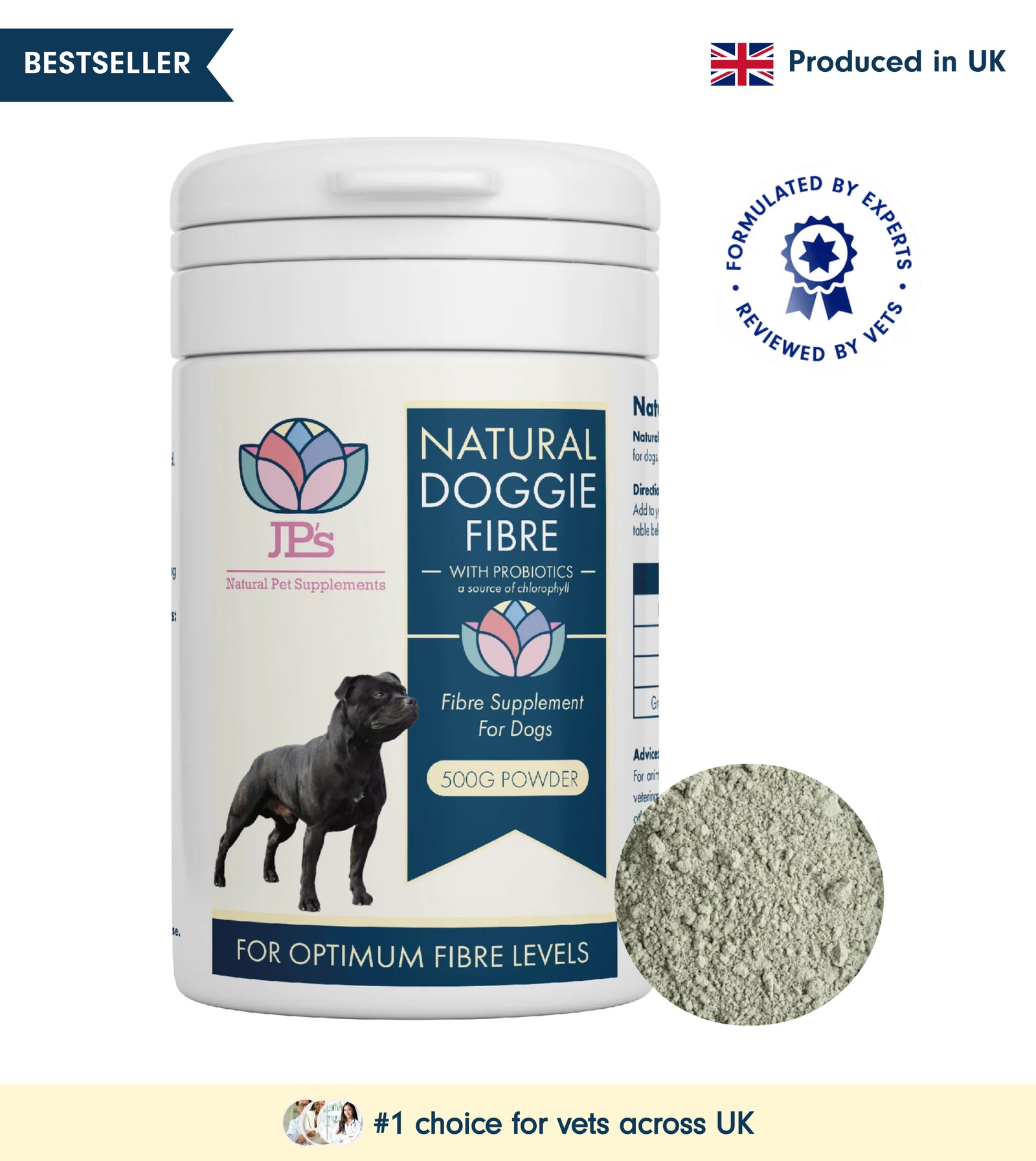
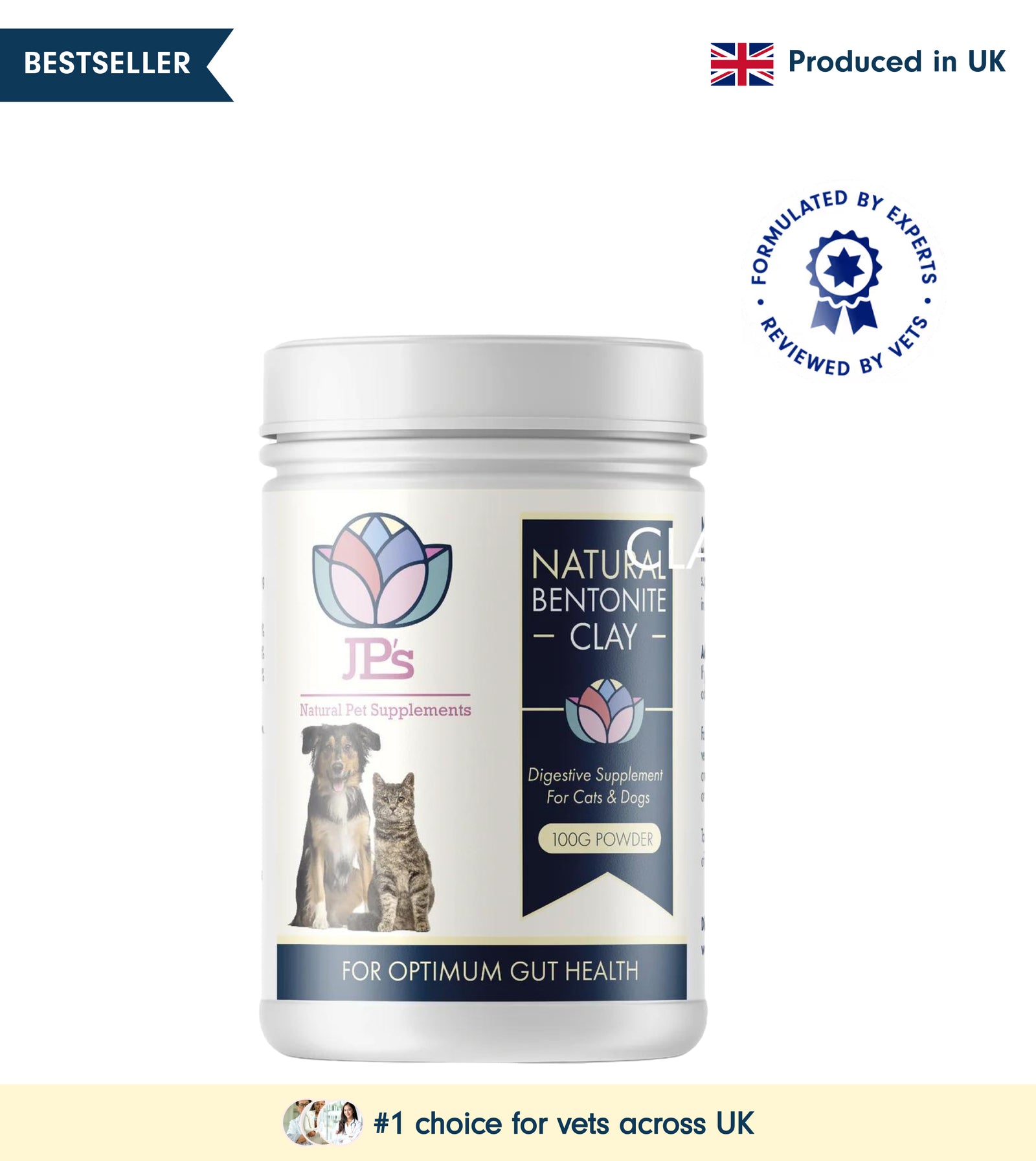
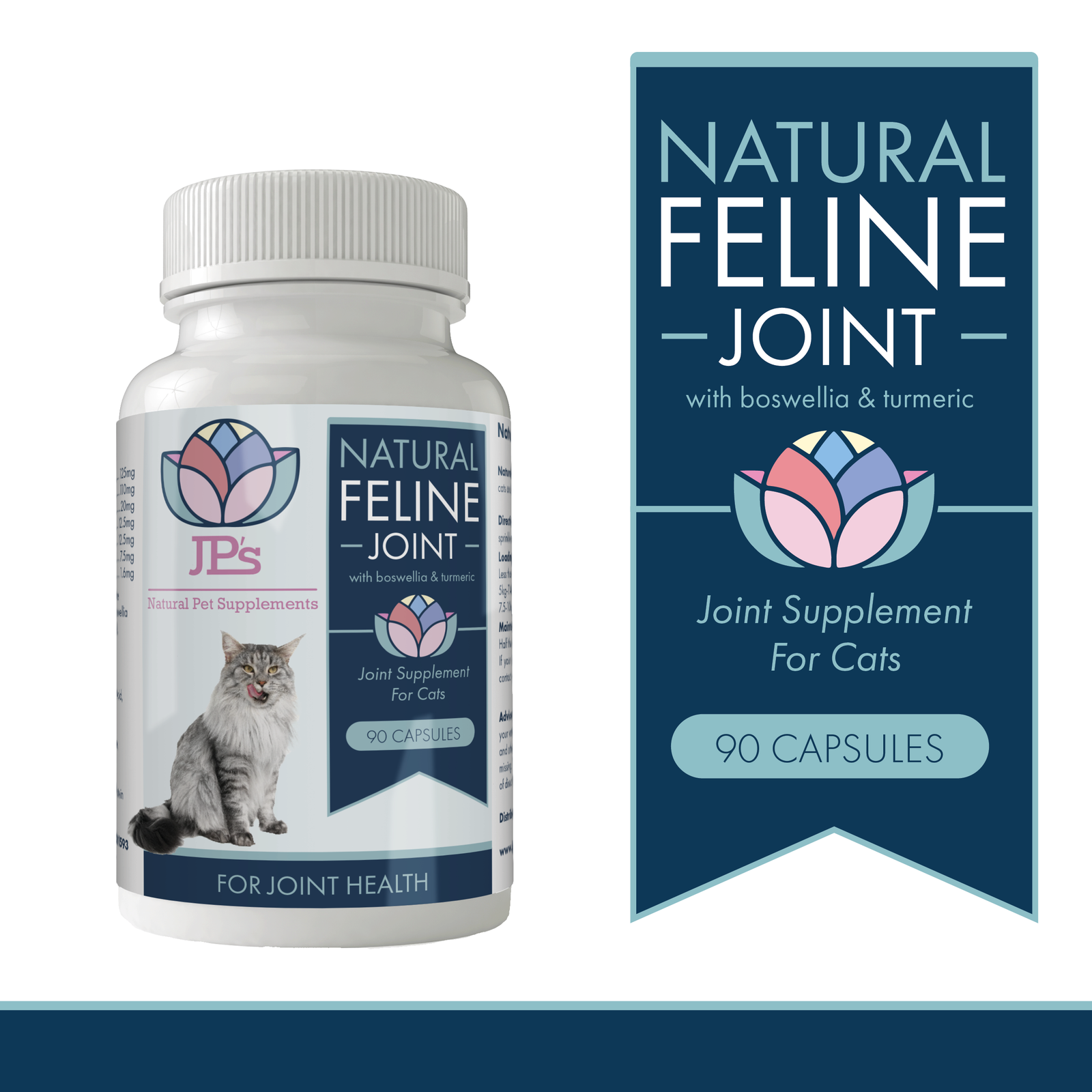
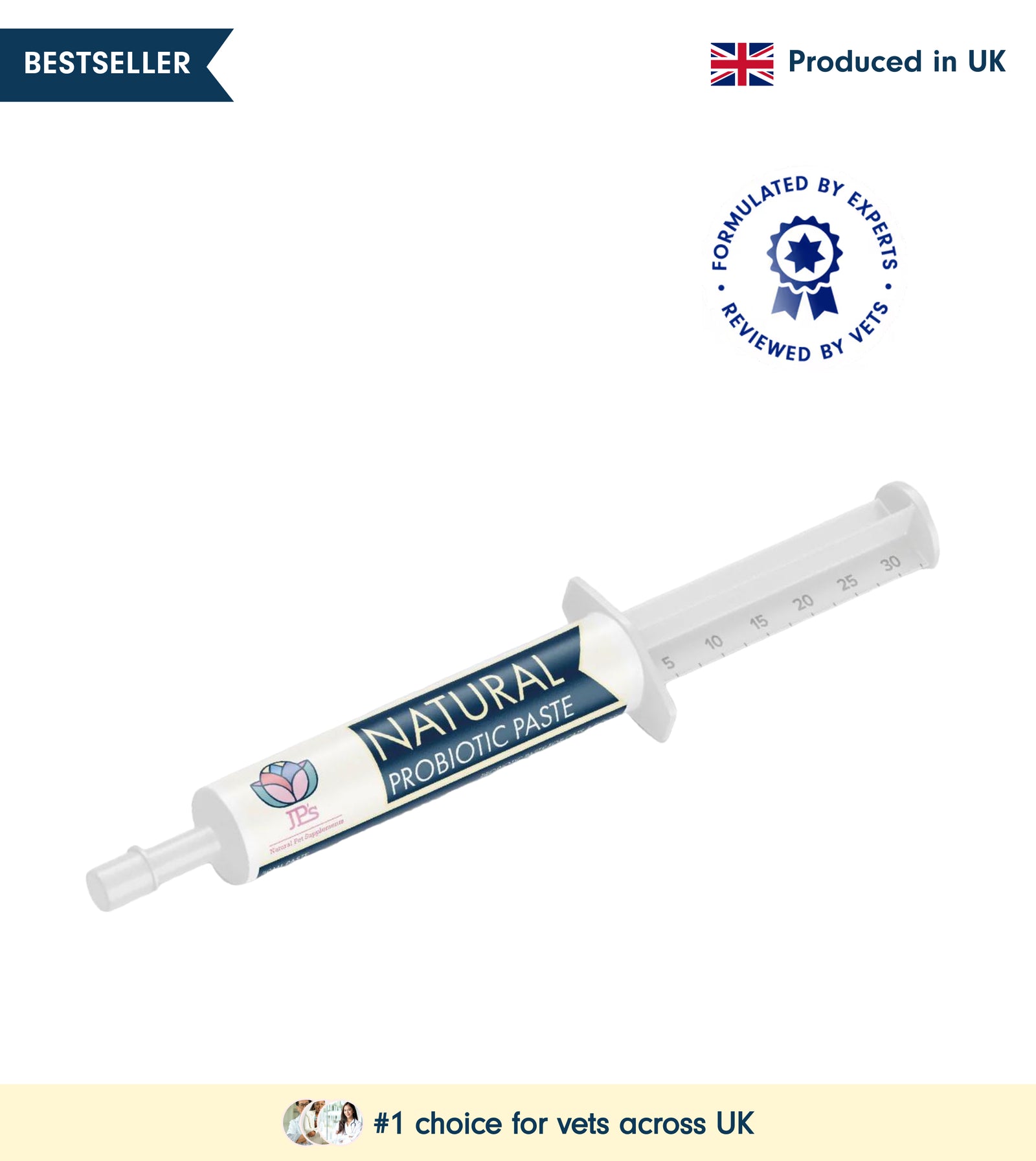
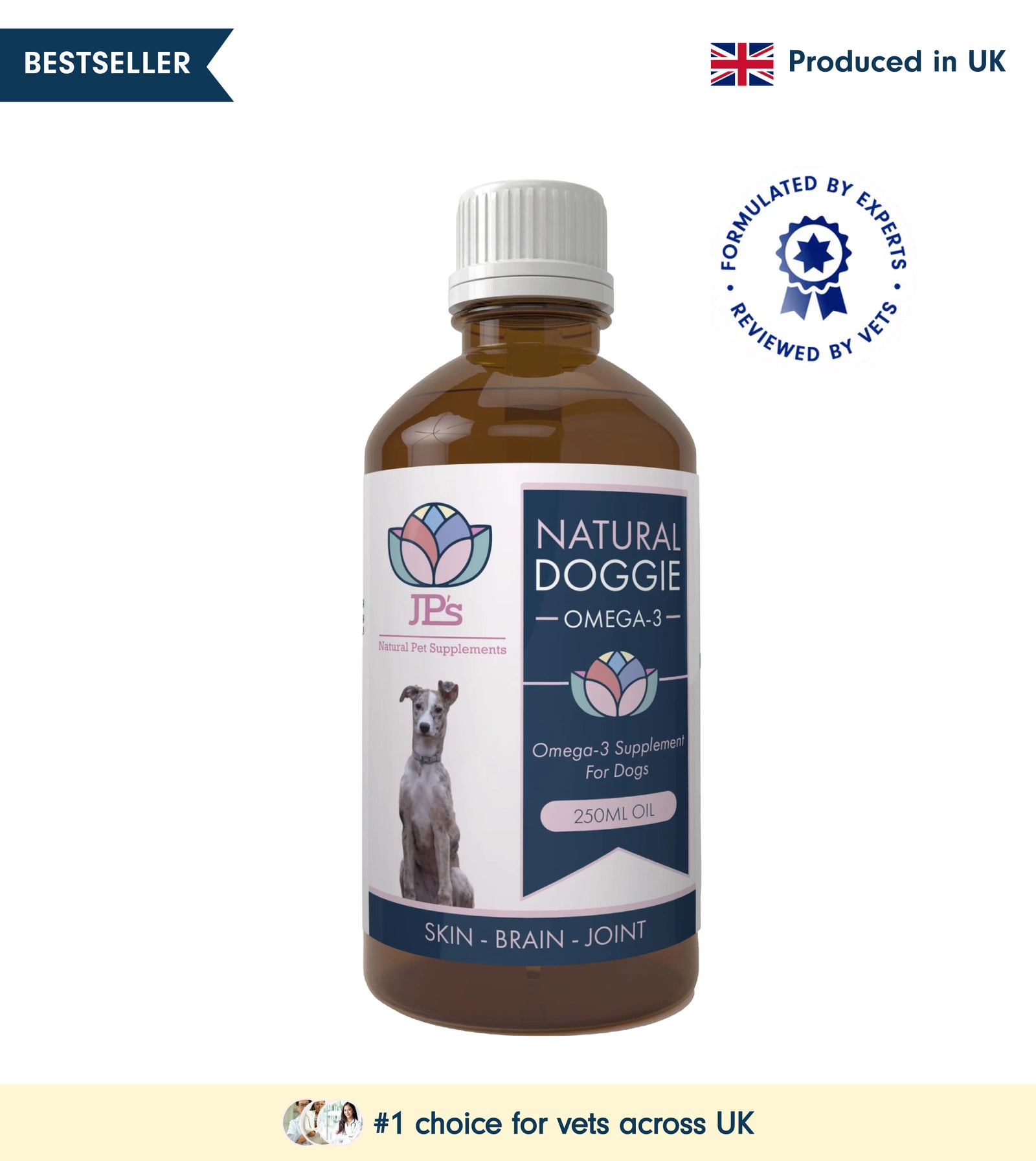
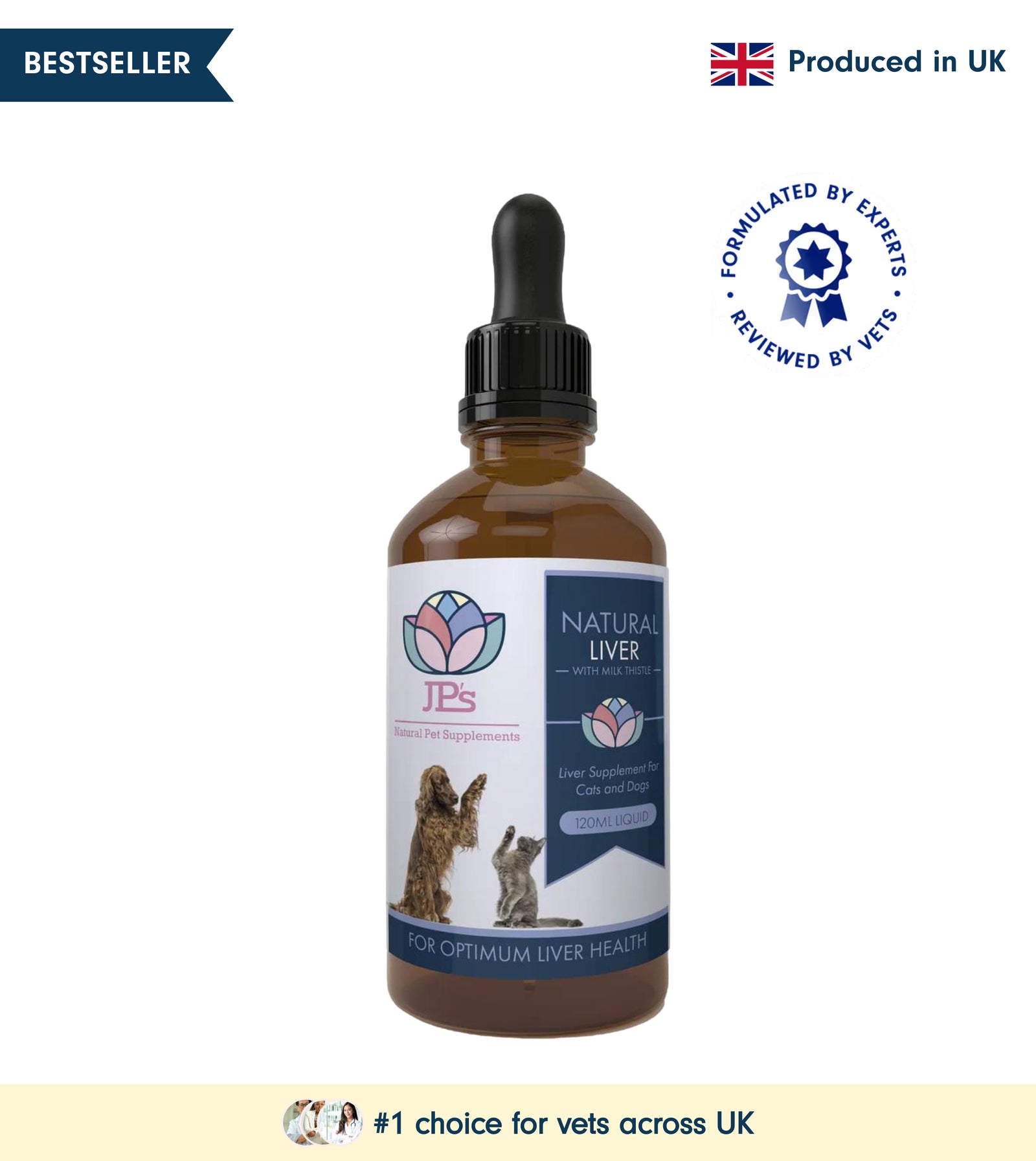
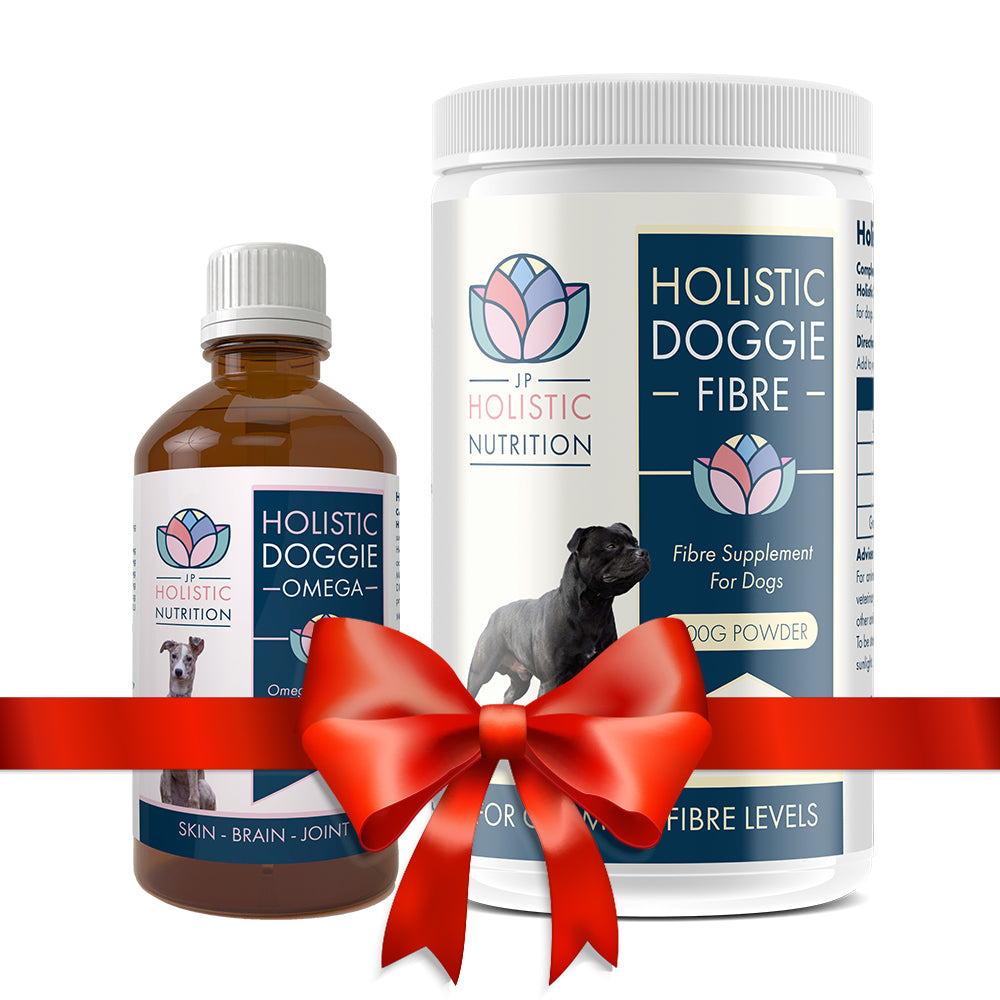
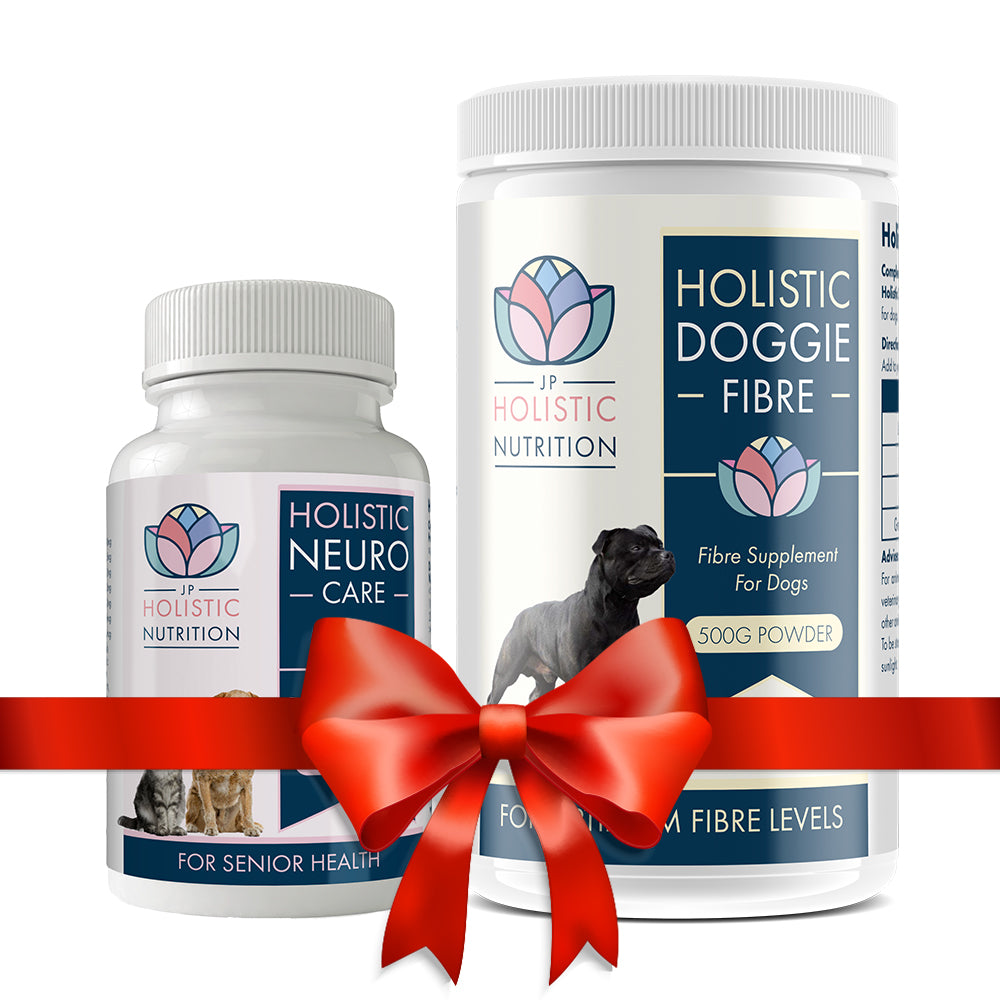
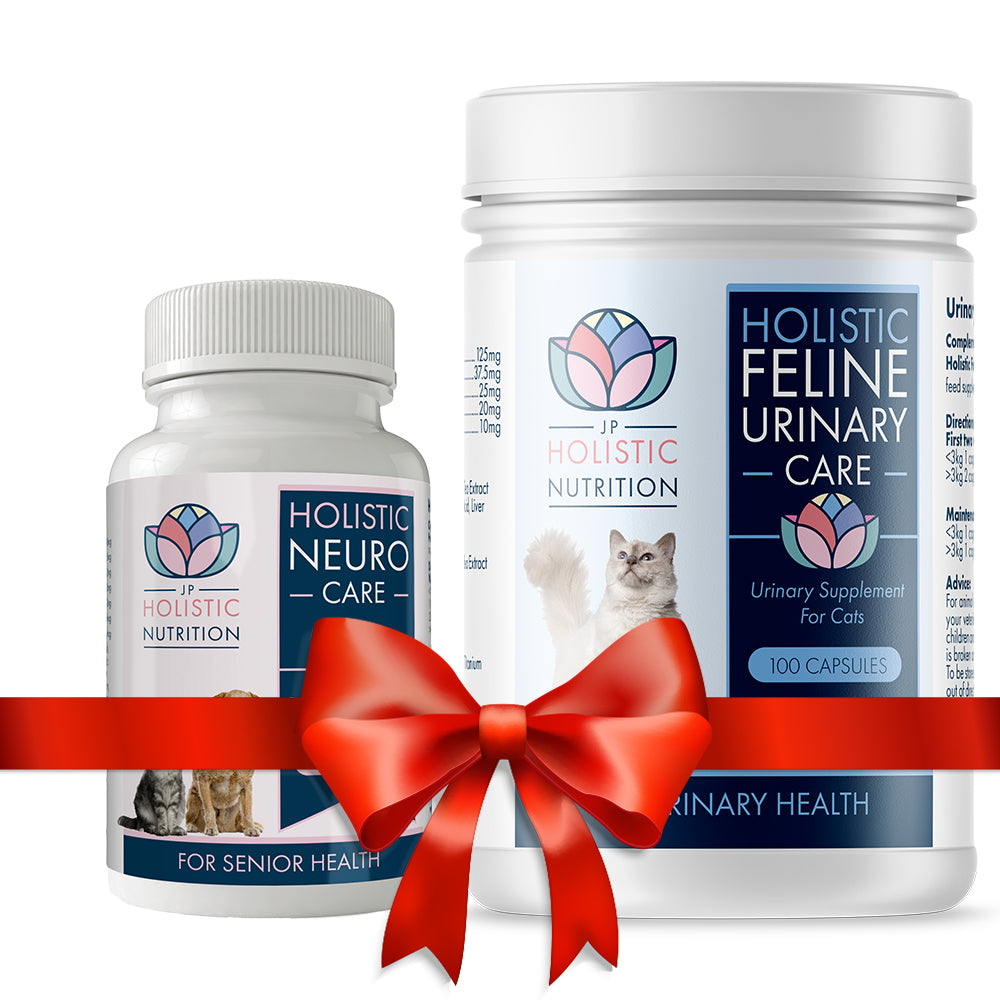
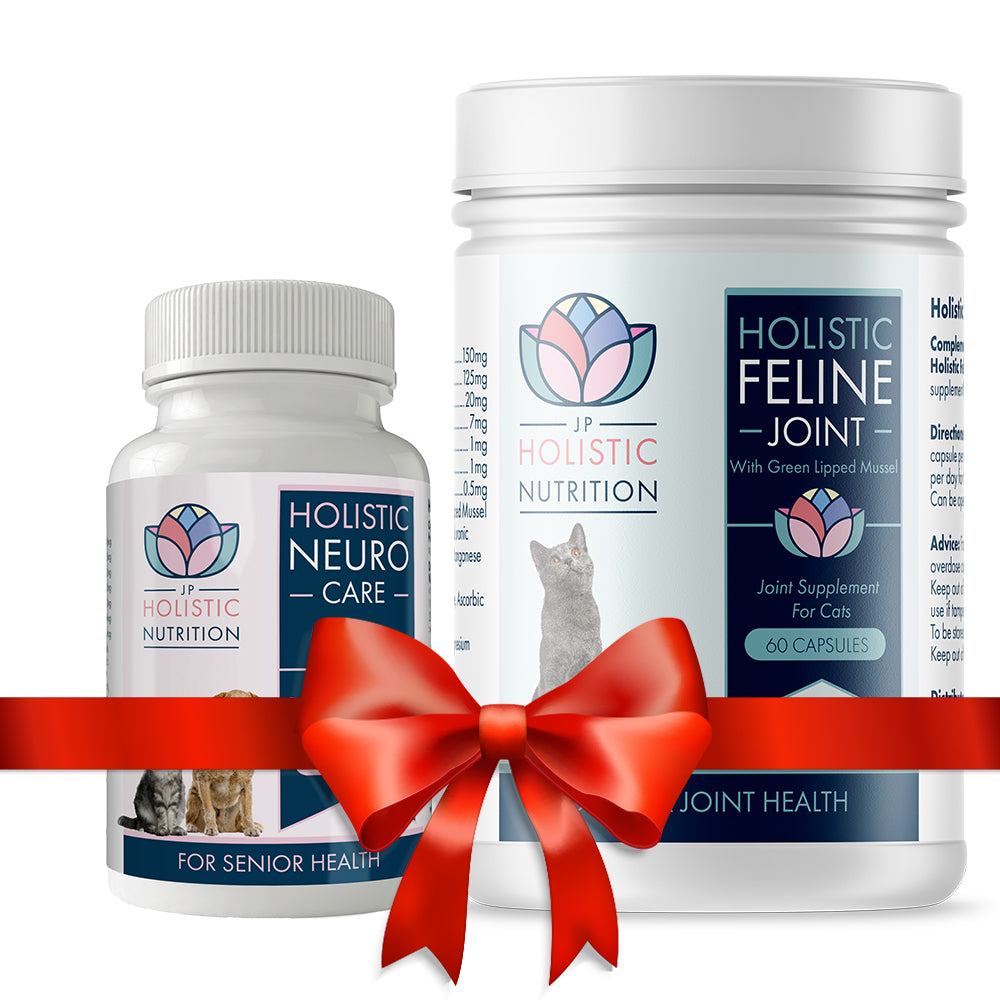







Leave a comment (all fields required)